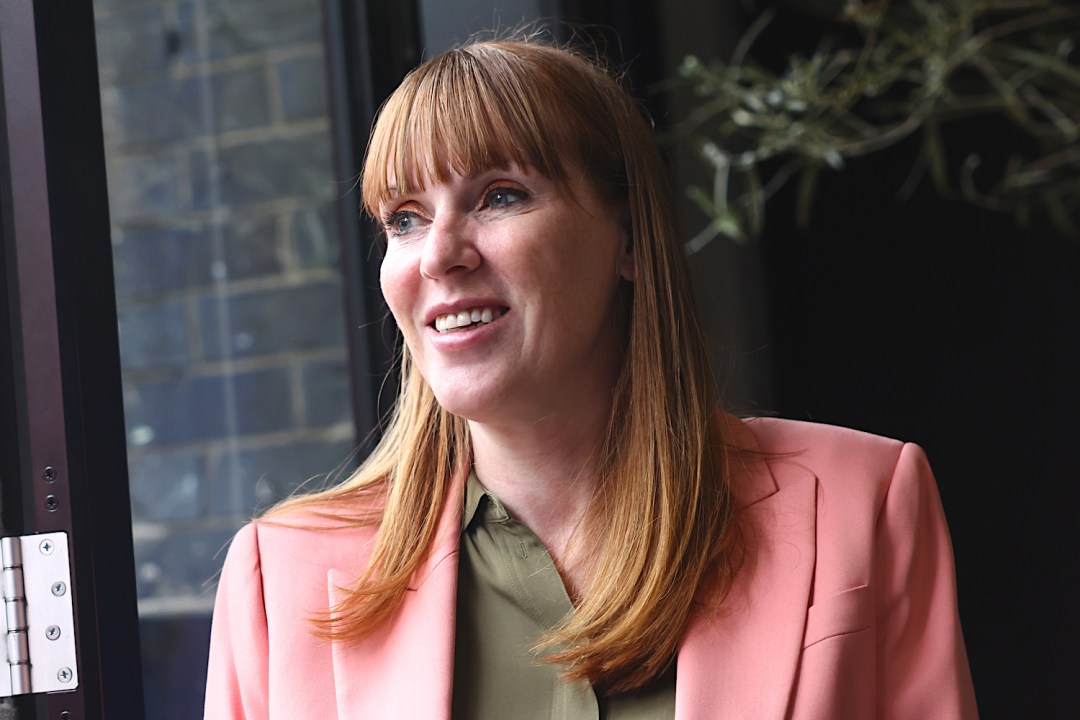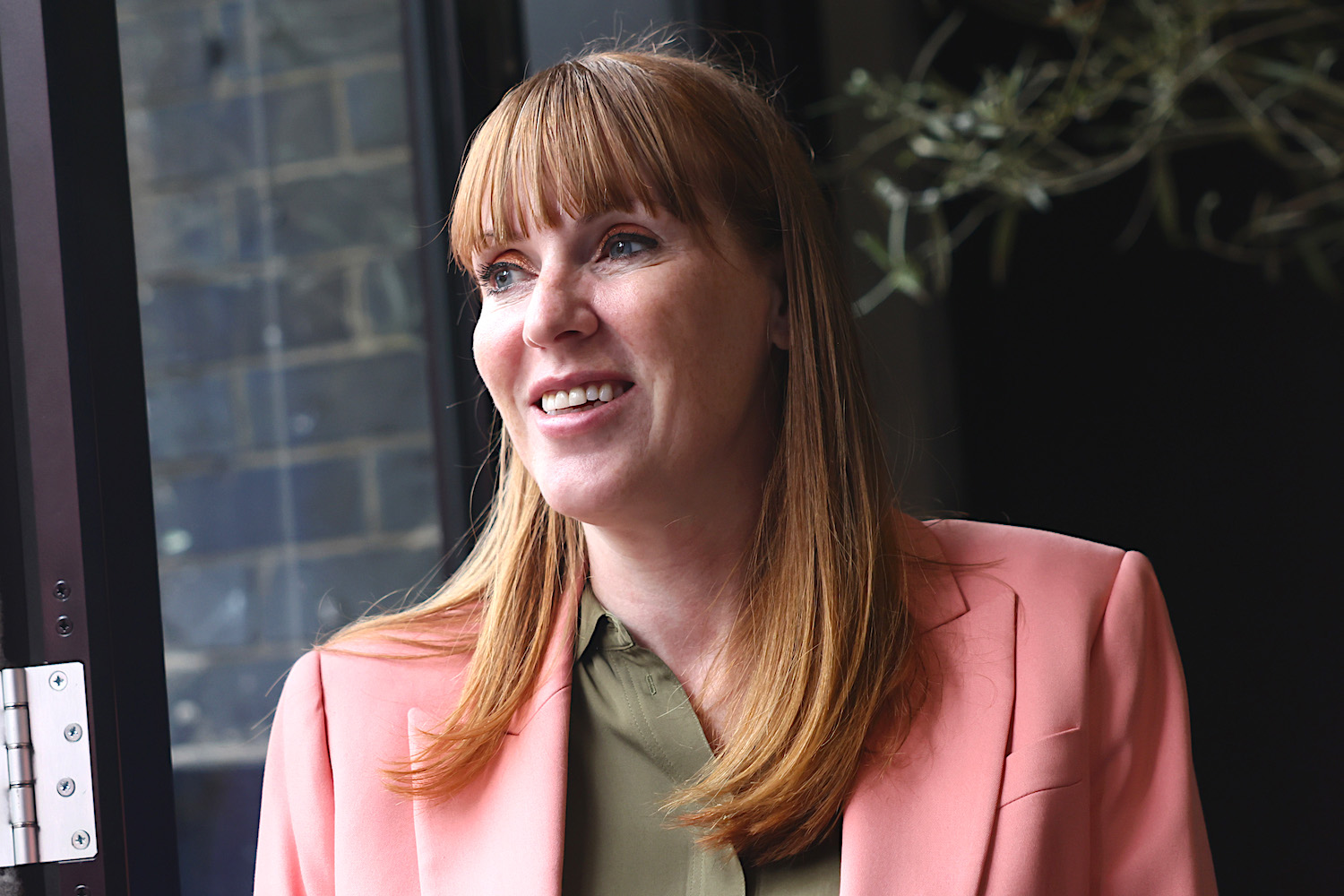Many people are now terrified to say what they think, voice unfashionable opinions, or even let slip the wrong words, having seen what happens to those who do. As we witness in the headlines with unremitting regularity, uttering something potentially offensive might cost you your job or prompt a visit from the police.
This is why so many people are fearful of the proposal to have ‘Islamophobia’ defined by the state, and this fear is greatest among those who have felt the full force of our new censorial ethos: the British working class.
According to a new survey carried out by JL Partners, Angela Rayner’s proposal for a new official definition of Islamophobia would hand Reform a 100-seat parliamentary majority at the expense of Labour. The poll of 2,000 adults concludes that bringing in the definition would cause a loss of one million votes to Labour, with a fall in its seats in the Commons from 155 to 103. The survey also found that 37 per cent of Britons felt that protections against hate speech had gone too far, with almost a third saying measures against Islamophobia had also gone too far.
Many live in fear of the ‘cancel culture’ that has evolved in recent decades, one that has established itself firmly in the mindset of those in authority. It is cited as one reason why the activity of the grooming gangs was ignored or enabled. It is said that councillors, the police and politicians were terrified of accusations of racism – accusations that today can ruin careers and shatter lives.
Many Britons suspect that a repeat of such a scandal would be made easier were ‘Islamophobia’ to be codified and applied across the public sector. As the Telegraph reminded us this morning, it was Dominic Grieve, the former Conservative cabinet who is chairing the working group currently establishing the definition of the word, who praised a 2019 report which called the discussion of ‘grooming gangs’ an example of ‘anti-Muslim racism’.
Conflating criticism of Islam and the ethnicity of most of its adherents is an inevitable consequence of the definition of ‘Islamophobia’ produced by the All-Party Parliamentary Group on British Muslims in 2018. This defined the transgression as ‘rooted in racism and… a type of racism that targets expressions of Muslimness or perceived Muslimness’. This conflation has been allowed to go unchallenged out of combination of lazy thinking and good intentions.
Much of the public lives in dread of being accused of racism
The definition was devised by those who hoped that by introducing the spectre of racism, our society’s most heinous crime, they could both silence critics of a religion and excuse the behaviour of some who happen to have been brought up in that faith. Earlier this month, the think tank Policy Exchange released a report in which it said that the Muslim Council of Britain’s media monitoring unit ‘acted in bad faith’ by trying to suppress accurate reporting about terrorism, by accusing the media of ‘Islamophobic, negative’ coverage in their efforts to do so.
Activists know the terror that accompanies accusations of racism, and much of the public lives in dread of it, too. This fear is increasingly accompanied by resentment among the white working-class, a feeling that they are disproportionately victimised and punished for their opinions and concerns. The name of Lucy Connolly, the mother sentenced to 31 months in prison after admitting to inciting racial hatred with a post on X, will continue to haunt this government. Her name will continue to be invoked whenever someone receives a lesser sentence for saying something even worse.
The cry of ‘two-tier justice’ has gained traction out of a mood that the Labour government accords different treatment to different demographic groups, a drive borne out of political ideology and naive benevolence. In their well-meaning efforts to promote inter-communal harmony and keep together an increasingly fractious multicultural society, those in authority have either ignored problems or acted with appeasement. These same motives have, in the eyes of many, resulted in rough justice meted out to those deemed to threaten social cohesion or might provoke a breach of the peace.
The taboo of ‘Islamophobia’ epitomises a culture in which subjectivity, ‘perceptions’ of racism, and the horror of giving or taking offence is moving away from the realm of manners, and into law.








Comments